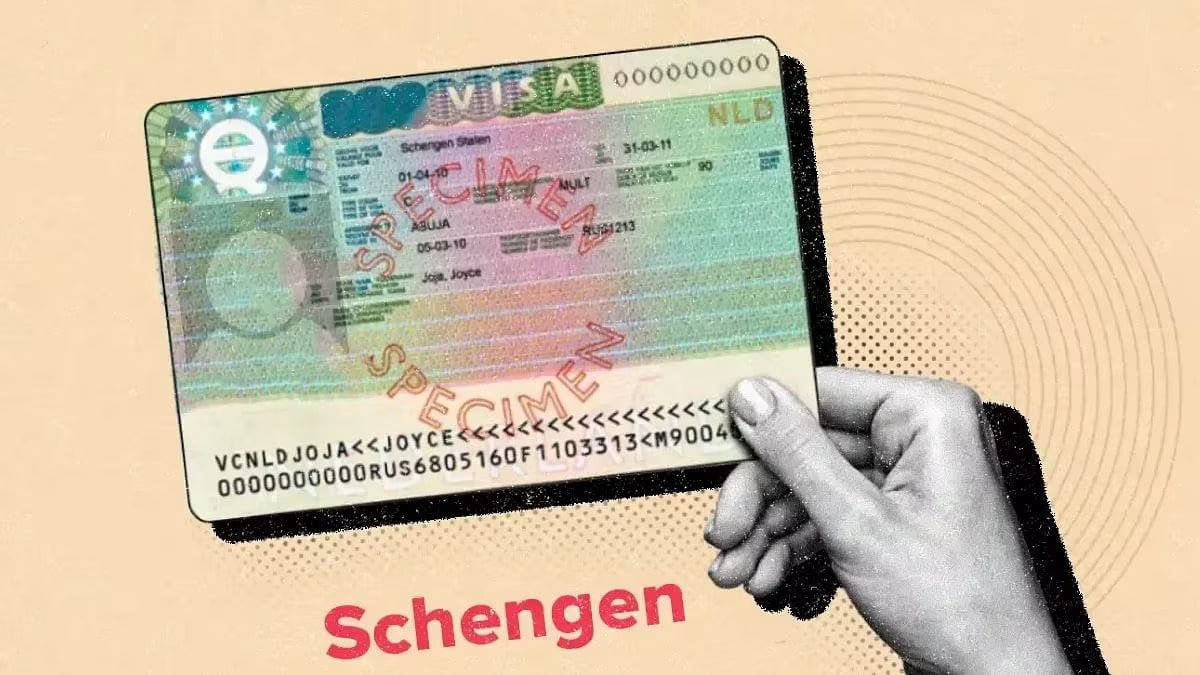
Guidlines For A Schengen Visa
Table of Contents
Table of Contents
- What Exactly Is a Schengen Visa?
- Who Needs A Schengen Visa?
- 1. Type A Visa
- 2. Type C Visa
- 3. Type D Visa
- Where And When To Apply For a Schengen Visa?
- Top 7 Mistakes To Avoid When Applying For Schengen Visa
- 1. Not Checking Documents And Their Availability Beforehand
- 2. Failing To Book A Return Ticket
- 3. Not Providing An Itinerary
- 4. Not Having Enough Funds to Support Your Trip
- 5. Not Preparing for Your Visa Interview
- 6. Not Keeping Valid Travel Insurance
- 7. Not Getting In Touch With The Schengen Visa Experts
- Frequently Asked Questions About Schengen Visa
What Exactly Is a Schengen Visa?
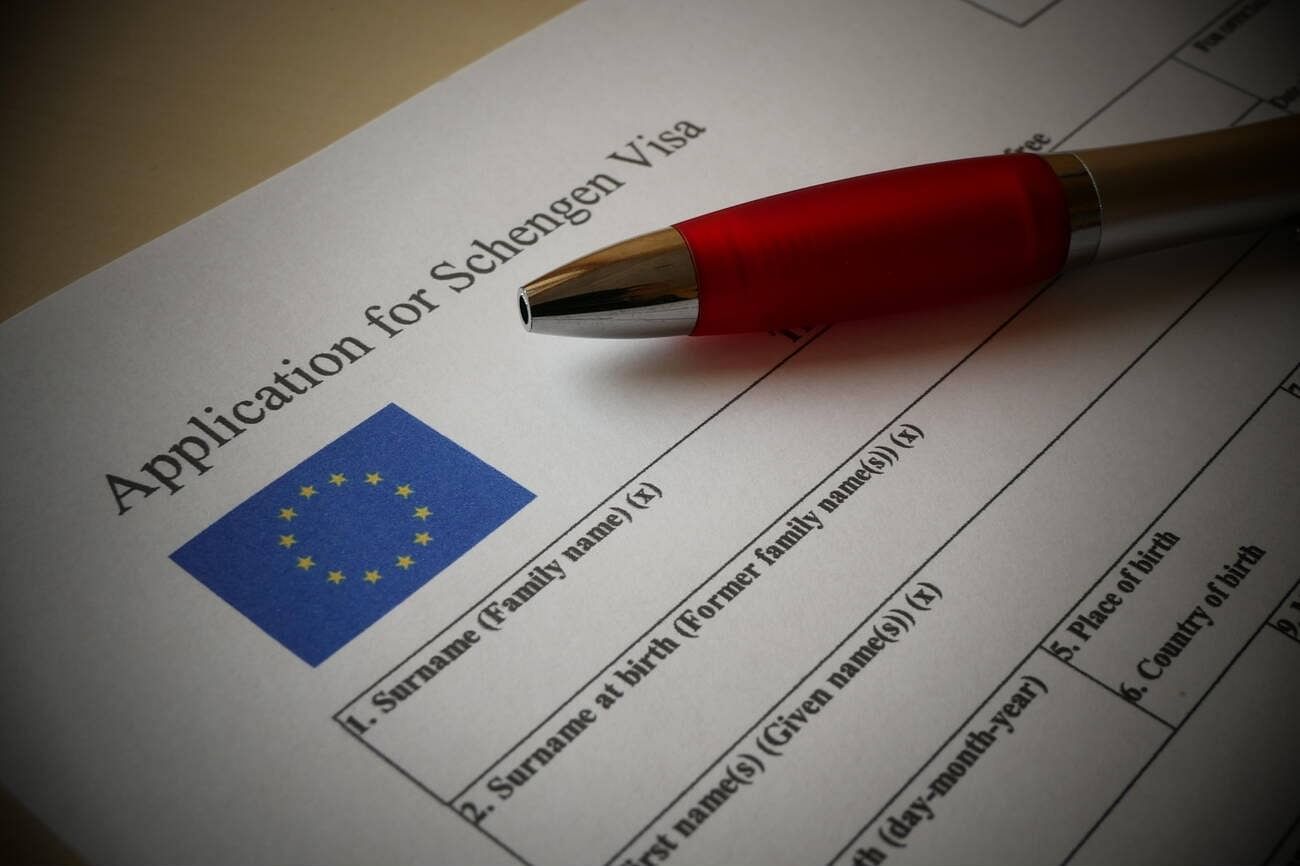
A Schengen visa is an entry visa for a short, temporary visit of up to 90 days in any 180 days. A visa can be received in the form of a single-entry visa, permitting the holder to enter the Schengen area once, or a multiple-entry visa, which is approved for several visits to the Schengen area for as long as it is valid.
Who Needs A Schengen Visa?
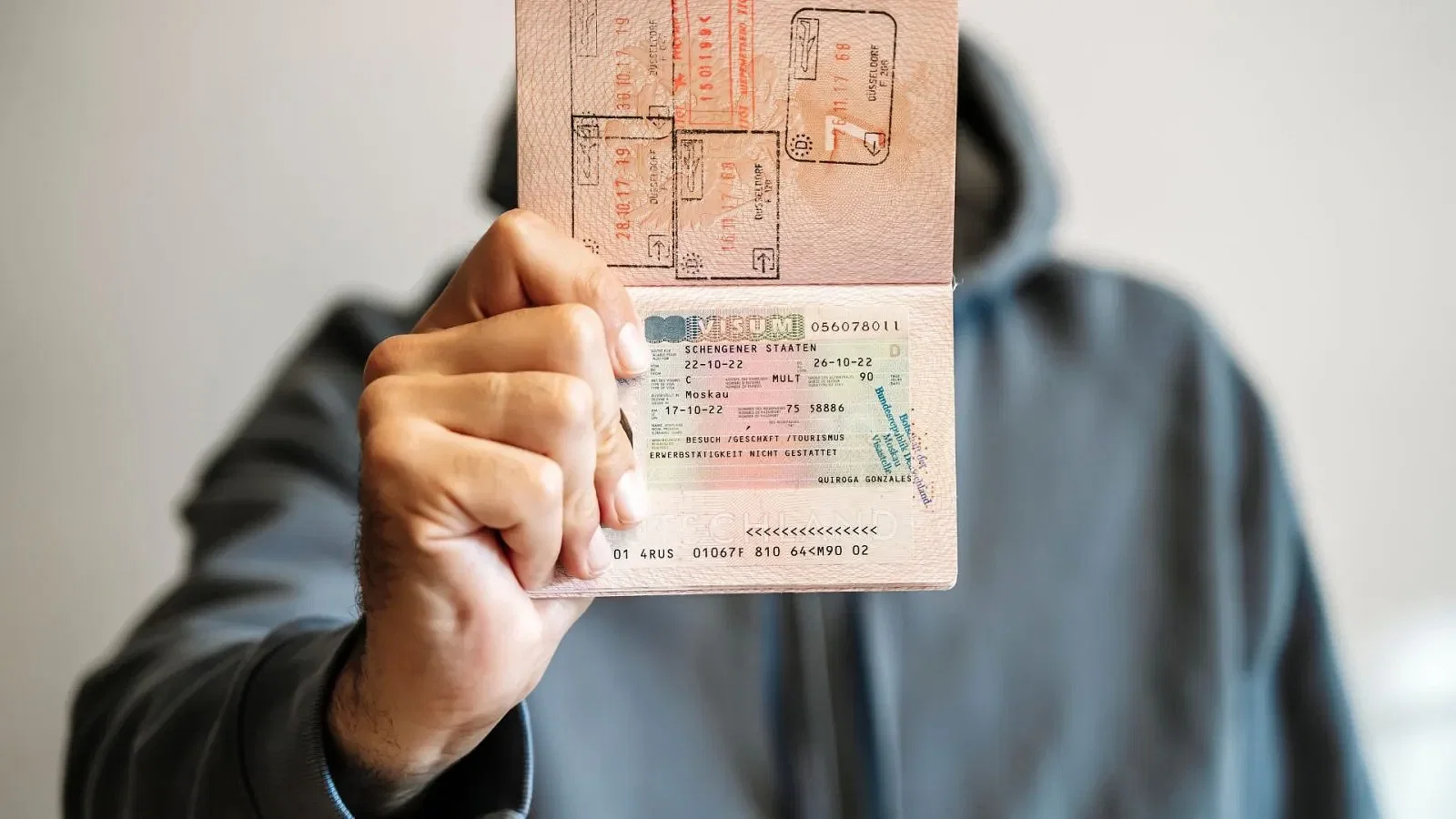
There are three main types of Schengen Visas:
- Type A visa
- Type C visa
- Type D visa
1. Type A Visa
Suggested Read: UAE Revises Visa On Arrival Policy For India and 87 Other Countries
2. Type C Visa
3. Type D Visa
Where And When To Apply For a Schengen Visa?

If you wish to visit multiple Schengen States and the stays will be of equal time, you have to apply at the Consulate of the first country you will visit. As a general rule, you should be applying for Schengen visa at the Consulate with territorial competence for the country in which you legally live.
The application must be submitted to the Consulate at least 15 days before the intended transit and cannot be accommodated earlier than six months before the start of the intended journey. You may have to book an appointment before applying for Schengen visa.
Top 7 Mistakes To Avoid When Applying For Schengen Visa
So, here is a list of 7 mistakes that you can avoid while applying for Schengen Visa.
1. Not Checking Documents And Their Availability Beforehand
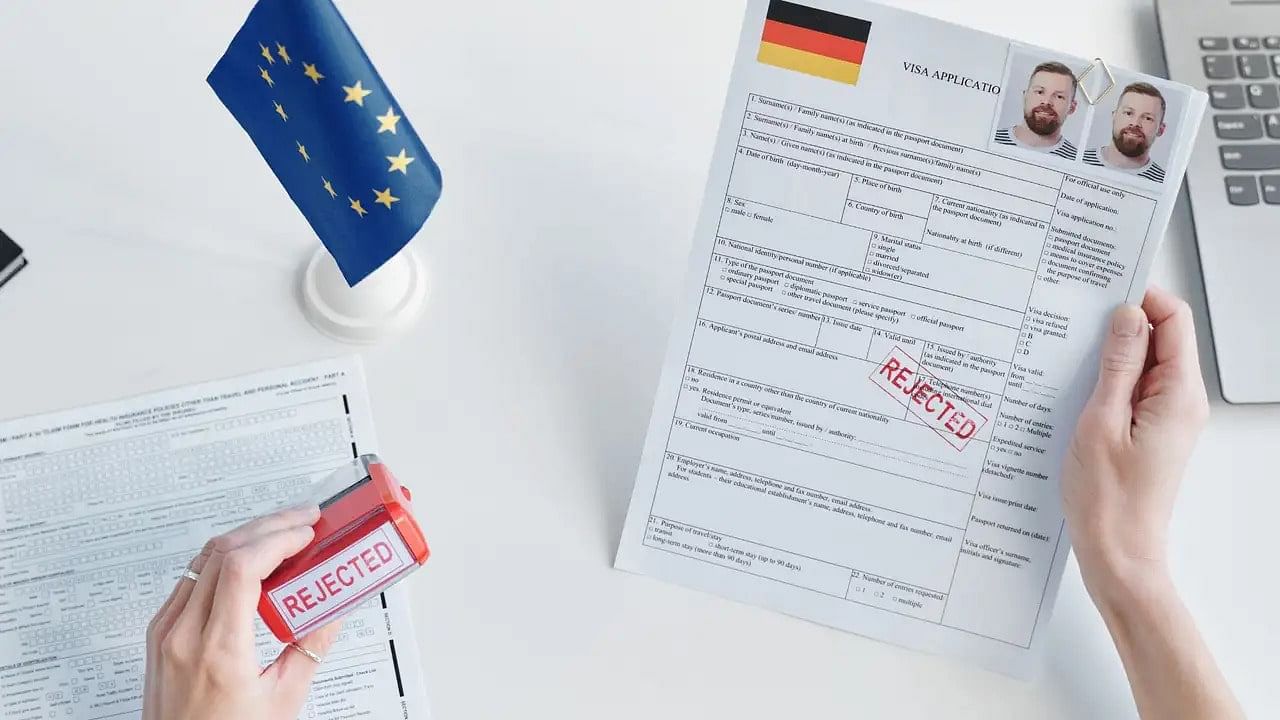
Suggested Read: Visa Scams And Their Types
2. Failing To Book A Return Ticket

3. Not Providing An Itinerary

4. Not Having Enough Funds to Support Your Trip

5. Not Preparing for Your Visa Interview

6. Not Keeping Valid Travel Insurance
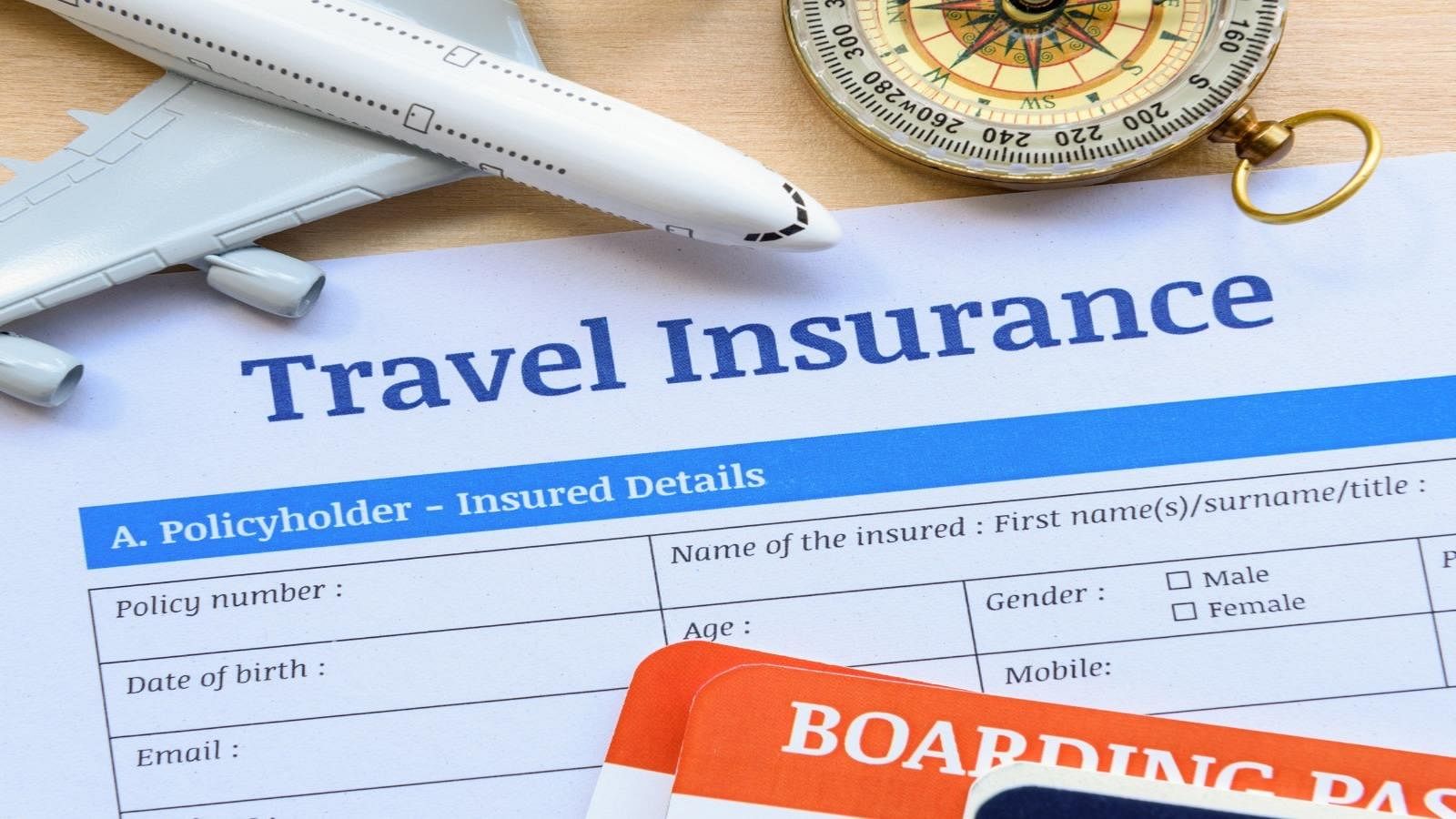
Suggested Read: No Visa Required For Sri Lanka For Indians
7. Not Getting In Touch With The Schengen Visa Experts

If your Visa application is denied, you’ll receive a letter explaining the reasons for the denial. Depending on the cause for the denial, you may be able to appeal the choice or reapply for a visa after addressing any issues that caused the denial.
If you consider that your application was denied unfairly or due to a mistake, you may report a request to the embassy or consulate that processed your application. The appeal technique generally involves filing extra documentation or evidence to guide your case
Get exclusive travel insights & updates into your inbox!
*By clicking subscribe you'll receive emails from WanderOn.

Shrutika Parab
★★★★★24 May 2024
“Thank you Team Wanderon for the amazing Ladakh Experience. Right from the point of making the bookings with Mr. Chakshu to the point of completion of the trip received amicable support.

Sonal Shekhar Dash
★★★★★9 May 2024
“I did my first solo trip in India with WanderOn. Initially I was sceptical about their Meghalaya-Kaziranga trip as I didn't have any prior experience with them but the team assured me that it's going to be one of the best experiences of my life.

Archana Awati
★★★★★30 Apr 2024
“In Ladakh, find the perfect blend of culture, adventure, and serenity. December last year I decided that my next trip would be Ladakh but didn’t know how to go about it. I knew I wanted to travel in a group, as I had prior experiences of traveling in a group but wanted an organiser I could trust. Ladakh isn’t like other destinations wherein you need some instructions due to the high altitudes.

Kartik Dilawari
★★★★★4 Jul 2024
“After an amazing trip to Tirthan with WanderOn, I decided to go to Manali-Jispa with them and yet again, the experience was worth every penny. The place was very beautiful and the quality of service was top-notch, the itinerary was very good and the quality of transportation and stays were very good. Had an awesome time there and made some good friends as well. Lastly, our trip captains Priyasha and Rachit managed the entire trip very well and were so fun and made our trip an experience worth remembering.
FAQ'S
01
What is a Schengen Visa?
A Schengen visa is an entry visa for a short, temporary visit of up to 90 days in any 180 days.
02
How Can I apply for Schengen Visa?
03
How Much would it cost to apply for Schengen Visa?
04
How many countries are covered in Schengen Visa?
05
How is Schengen Visa different from a Regular Visa?
WanderOn Special

WANDERON EXPERIENCES PVT LTD
CIN-U63040HR2019PTC118957
3rd Floor, Building No-436, Phase IV, Udyog Vihar, Sector-18, Gurugram, Haryana-122015


